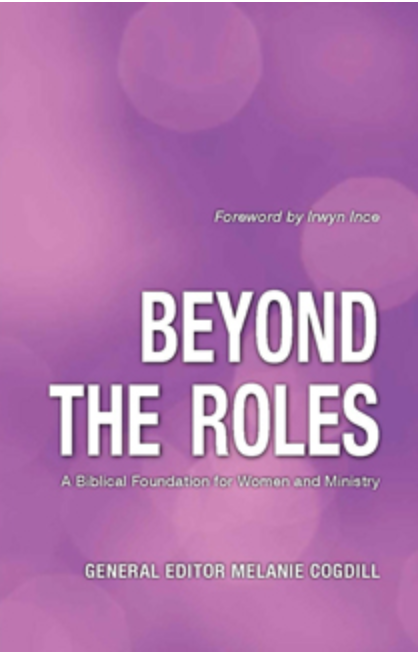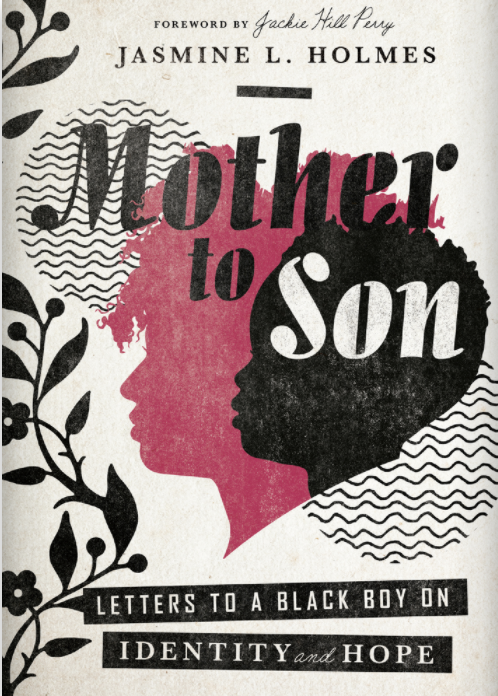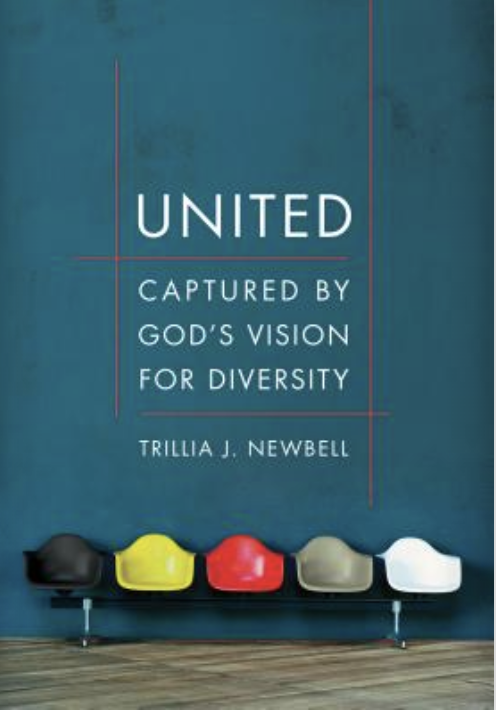Freedom from Guilt about Parenting Programs
The toddler is screaming for those mini-Oreos in the cookie aisle. If you know exactly what to do, you may not be a parent. The fact is, parenting is confusing—the right thing to do is not always clear.
The Living Story focus for July is freedom, specifically the freedom we enjoy in Christ. Because too many parents spend their lives trapped in guilt, today we are focusing on freedom from parental guilt. If you know a parent who needs freedom and hope, please share this post with them.
From the time we are pregnant or adopting, we will be met with parenting advice and programs. Some parenting programs hold false promise to help us produce the designer child we think we want. Child-centered, parent-centered, Jesus-centered—which do we choose? (We DO know the Sunday school answer)!. And even if we know which program is right, how do we execute?
Some parenting programs hold false promise to help us produce the designer child we think we want. #gospelcenteredparentingCLICK TO TWEET
The Only Parenting Program That Frees us from Parental Guilt
The truth is, no program will “work,” whatever that means—not even the Jesus-centered one. Not because Jesus fails, but because we do. Please don’t hear what I’m not saying: the collective, common-grace wisdom of these programs can be very helpful, or why would I have hauled around that heavy tome, What to Expect When You’re Expecting throughout my pregnancy?
We, and our children, will fail to keep the law every time. We need Holy Spirit help.CLICK TO TWEET
We and our children will fail to keep the law every time. Thankfully, God’s gracious, compassionate, unchangeable, eternal plans never fail. And his Spirit empowers us to live for him. In God’s parenting program, there is freedom and hope for parents and children alike.
Six Gospel Keys to Freedom from Parental Guilt
1. Learn the redemption story Scripture tells.
Isn’t that a fancy way of saying “Read your Bible”? Why, yes, yes it is. But it’s even better than that. The Holy Spirit actually transforms our hearts as we read. So, let’s listen to Romans 12:2:
“Do not be conformed to this world, but be transformed by the renewal of your mind, that by testing you may discern what is the will of God, what is good and acceptable and perfect.”
2. Pray. Over and Over. Often. Believing that God hears (1 Thessalonians 5:17).
- When you don’t know which school will help your son with his learning disorder, ask God to show you the way and remind you that he really does have a plan.
- Ask God for your daughter’s shoulder to heal so she can play college volleyball. If it doesn’t, ask him to give you a bigger picture of the redemption story you are writing in her life.
3. Repent.
“Repent, then, and turn to God, so that your sins may be wiped out, that times of refreshing may come from the Lord” (Acts 3:19).
- Drive back to the school with a smiley-face cookie for the boy you left with a harsh word.
- Call your twenty-year-old and tell her you’re sorry for trying to write her story your way.
- Admit that parenting does not preclude sinning against your children, and turn back to your Savior for forgiveness.
4. Forgive.
“As the Lord has forgiven you, so you also must forgive” (Col. 3:13).
- When the three-year-old tells you he hates you, forgive him.
- When your previously compliant teenager starts rolling her eyes at everything you suggest, forgive her.
Forgive them, not with your arms folded and a begrudging frown, but as your Father forgives you, tenderly, compassionately, mercifully, with open arms. (Of course, forgiving does not mean excusing! Yes, there are consequences to sin, but we are called to forgive as our Father forgives).
5. Work as a team with your spouse, ex-spouse, and other caregivers.
- When your husband uses the Shop-vac to clean up a toddler’s vomit while you are at the church retreat, praise his ingenuity!
- When you bitterly disagree about how to address addiction to video games or addiction to drugs, look to Christ as your reconciler.
At times, it will take hefty doses of humility to live in unity with other caregivers; Christ has shown us the way.
6. Surround yourself with grace-filled community.
- Make friends who will hit their knees when you call to say your daughter has binged again, or your son has been diagnosed with lymphoma.
- Thank your children’s hard-working teachers for seeing that your child needs structure and leadership opportunities to keep her explosive energy moving in the right direction.
A Prayer for Guilty Parents
Lord, help us. We need to know the freedom we have in Christ, that we are forgiven for our sins against our children. Please take this burden of guilt we carry, and leave us with the joyful “yoke” of serving you as parents. In Jesus’ perfectly loving name we pray, Amen.









